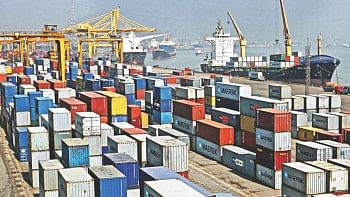Diplomatic funeral of peace plan
Three vetoes of a UN Security Council resolution have left the major powers ready to bury Kofi Annan's peace plan and let President Bashar al-Assad and the Syrian opposition fight it out to the death, experts say.
UN Secretary General Ban Ki-moon stoutly insisted Saturday that he and special envoy Annan were still looking for ways to end a conflict that Syrian activists say has left more than 17,000 dead.
"We continue to push for a peaceful solution," Ban declared.
But the strife worsens.
Thousands are pouring across Syria's borders, Damascus is a city at war and the United States, European countries and the Syrian opposition now say they will look outside the Security Council for ways to pressure Assad.
However, Russia and China's third veto of a Security Council resolution on Syria on Thursday was the death knell for joint UN-Arab League envoy Annan's six-point peace plan, according to many diplomats and experts.
The resolution, drawn up by Britain, sought to threaten sanctions unless Assad carried out just one provision -- to end the use of heavy weapons.
While everyone still professes loyalty to the Annan plan, the blame game over its demise started during the debate.
China's ambassador Li Baodong said unnamed countries had been "negative" about Annan's efforts since he started in February. And Russia accused the western countries of seeking a "military intervention" in Syria even though the United States, Britain and France insist they see no way for a new Libya-style operation.
"The Russians and the Chinese feel that sanctions was a code for regime change and to some extent they were right," said Mats Berdal, professor of security and development at Kings College's War Studies department in London.
The failure "is no great loss" as it never had a chance of being accepted, said Richard Haass, president of the Council on Foreign Relations, a Washington-based think tank.
"It would be far better to terminate this effort and establish a new one with the mission of bringing about the exit of the current Syrian regime," he said.
"The developments in Damascus and New York now make it clear that the outcome of the Syrian civil war will be decided on the battlefield rather than at the Security Council," said Richard Gowan, associate director at New York University's Center on International Cooperation.

 For all latest news, follow The Daily Star's Google News channel.
For all latest news, follow The Daily Star's Google News channel. 



Comments